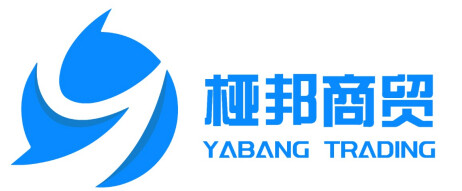News
What Makes a Reliable Peptide Factory, and How to Choose One?
If you’re looking to source peptides for your business—whether for supplement brands, wellness products, or research purposes—you might ask: What qualities define a trustworthy peptide factory, and how do I pick one that meets my quality and safety needs? With countless peptide factories on the market, distinguishing reliable partners from subpar ones is key to avoiding product issues and protecting your brand. Let’s break down the critical factors to prioritize.
First, strict manufacturing standards are non-negotiable for a top peptide factory. Look for factories that follow GMP (Good Manufacturing Practices) certifications—this ensures they adhere to consistent, industry-recognized protocols for cleanliness, ingredient sourcing, and production control. A reliable factory will also use advanced synthesis technologies (like solid-phase peptide synthesis) to ensure peptide purity and potency. Don’t hesitate to ask for documentation: reputable factories will share details about their production processes, equipment maintenance, and quality control checks (such as HPLC or MS testing for purity) to prove compliance.
Second, transparency in sourcing and testing sets great peptide factories apart. The best factories use high-quality raw materials—look for those that source amino acids from verified suppliers and can trace each ingredient’s origin. They should also conduct rigorous third-party testing: independent labs will verify that peptides are free of contaminants (like heavy metals, bacteria, or residual solvents) and match the stated potency. Avoid factories that refuse to share test reports or give vague answers about their sourcing—this is a red flag for hidden quality issues.
Another key trait of a reliable peptide factory is flexibility and customization support. Whether you need specific peptide sequences, different purity grades (e.g., 95% for research, 99% for dietary supplements), or custom packaging, a good factory will work with your requirements. They should have a team of experienced chemists or technical experts who can advise on formulation, scale production up or down based on your needs, and meet tight deadlines without compromising quality. Factories that only offer a limited range of “one-size-fits-all” peptides may not be able to support your long-term business growth.
You should also evaluate a factory’s track record and customer feedback. Check how long the peptide factory has been in operation—established facilities (with 5+ years of experience) often have more refined processes and a proven history of meeting client needs. Look for reviews or case studies from other businesses: did the factory deliver products on time? Were the peptides consistent in quality? Did they resolve issues promptly? Avoid factories with frequent complaints about delayed shipments, inconsistent purity, or unresponsive customer service.
Finally, clear communication and compliance matter. A reliable peptide factory will assign a dedicated account manager to answer your questions, provide production updates, and address concerns. They should also comply with local and international regulations for peptide manufacturing—for example, meeting FDA guidelines if you’re selling products in the U.S., or CE standards for the EU. This ensures your peptides can be legally sold or used in your target market without regulatory hurdles.
In short, a reliable peptide factory combines GMP standards, transparency, customization, a strong track record, and compliance. By prioritizing these qualities, you can choose a partner that delivers high-quality peptides, protects your brand reputation, and supports your business goals long-term.
Awesome! Share to:
Related Posts
- What Makes a Reliable Peptide Factory, and How to Choose One?
- Can Peptides Adapt to the Skincare and Health Needs of People With Different Lifestyles?
- Can Peptides Adapt to the Skincare and Health Needs of People With Different Lifestyles?
- Can Different Types of Peptides Meet the Diverse Skincare and Health Needs of the Public?

Yabang Peptide
First class quality service and professional after-sales team.
85256155163
oubang66666@163.com
No.68 Jianshe North St., Shijiazhuang City, Hebei
In order to provide you the suitable machine , pls offer below message for us
Get in Touch
We respect your confidentiality and all information are protected.
